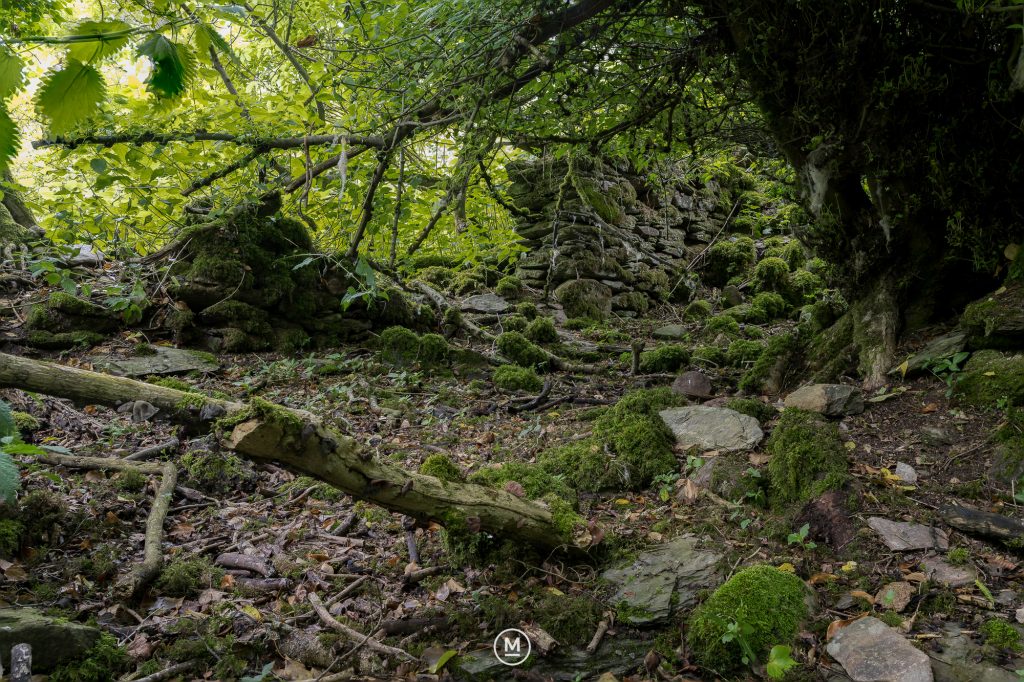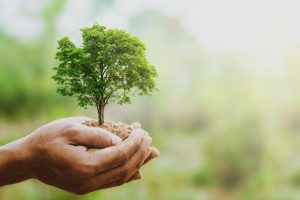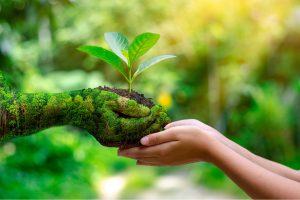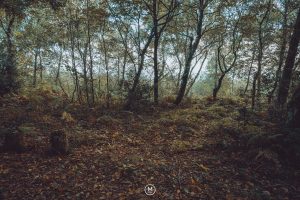
The term “naturalia” is derived from the Latin word “natura”, which refers to the inherent or essential qualities of a thing or organism. In academic circles, naturalia refers to the study of natural phenomena, such as the properties of living organisms, their interactions with each other and with their environment, and the underlying mechanisms that govern their behaviour. This field of study encompasses a wide range of scientific disciplines, including biology, ecology, genetics, and biochemistry.
One of the central themes in the study of naturalia is the idea of interconnectedness. Living organisms do not exist in isolation, but rather are part of a complex web of relationships with other organisms and their environment. This web of relationships is often referred to as an ecosystem, and understanding the dynamics of ecosystems is a key focus of naturalia research.
Another important aspect of naturalia is the idea of adaptation. Living organisms are constantly evolving in response to changing environmental conditions, and naturalia researchers seek to understand the mechanisms underlying this process. For example, biologists study the ways in which plants and animals have adapted to survive in extreme environments, such as deserts or the Arctic tundra.
Naturalia research also has practical applications in fields such as medicine and agriculture. For example, biologists study the genetic makeup of organisms to better understand diseases and develop new treatments. In agriculture, naturalia research can help farmers develop more efficient and sustainable farming practices by understanding the complex relationships between crops, pests, and the environment.
Overall, the study of naturalia is essential for our understanding of the natural world and our place within it. By uncovering the underlying mechanisms that govern the behavior of living organisms, naturalia research can help us develop more sustainable and equitable ways of living on this planet.
So how can Naturalia be communicated and affect other agencies?





Diarmuid
16 Feb 2024I found this page because I formed the word ‘naturalia’ in mind as a word to describe assorted natural objects, ‘natural paraphernalia’ if you will; I was googling to see if it had other meanings.
The sense of the word you describe above seems like a more beautiful way of saying something that already has many academic labels, that I would say all come under the umbrella of ‘environmental biology’ or ‘evolutionary ecology’, to a greater or less extent.
(Also beware, when the term is searched online, the first result shown to many people is a wiktionary definition saying it means ‘sexual organs’. Whether it is used this way much or nor, it is the first thing many people will see when looking it up.)